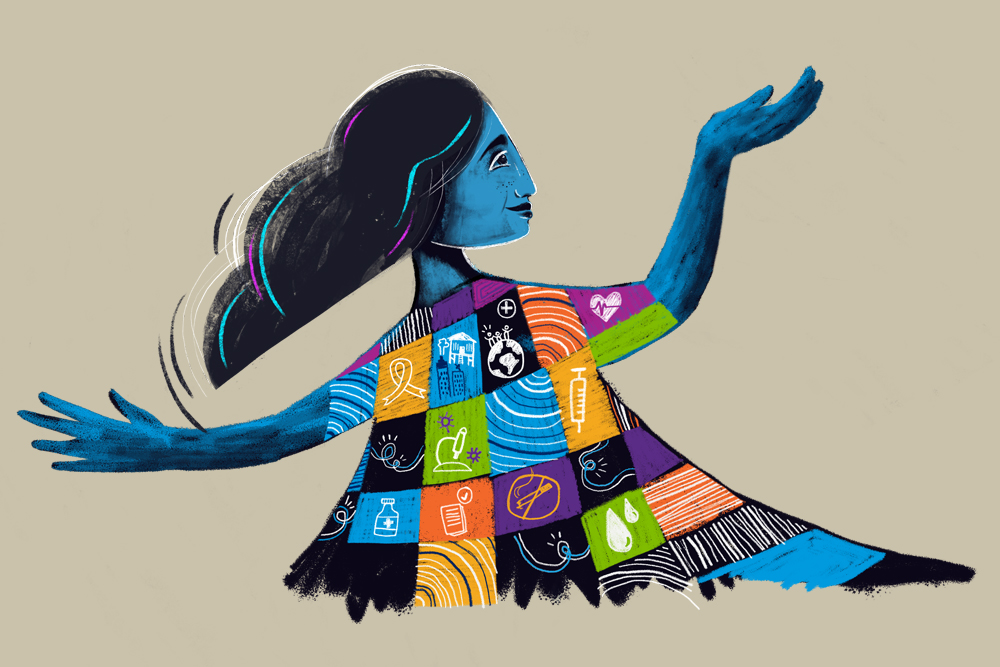
What amazing, spectacular creations our bodies are! Out of all the wondrous things that our Creator God brought into being, surely how we are structured is the most magnificent. We are made up of many living cells, neurons, chromosomes, hormones and DNA that all work together and enable us to exist, function and change over the life span. As if this is not impressive enough, we are also able to think, choose, create and experience emotion.
But what if this function goes wrong and our bodies don’t perform as they should? We have all suffered the effects of not feeling well or not feeling ourselves. At these times, we tend to wrestle with the condition that has laid us low and reach for the ambition of soon getting back to normal again so that we can carry on with our lives as we did before.
Human beings have a standard of normality – an illusion of continuous good health that empowers us to function within a community. To be anything less than this ‘normal’ can create vulnerability, loss of identity and isolation. Francis Weller describes this in his book The Wild Side of Sorrow when he says:
Carl Jung described illness as a painful process of defoliation. This is because we have been uprooted by the change in physical condition, whether it be arthritis that makes our movement more awkward, cancer that has stripped us of future plans, a heart attack that alters our lifestyle, or depression that affects how we view the world. Whatever the illness, it has changed us and as Francis Weller explains, we have been set down on some new shore and we are meant to come through the experience deeply changed.
Ill health or a change in health status, whether physical, emotional or mental is a private journey. Others can share the journey with us but they are not able to experience the pain or anguish that we experience at the time of illness. It is so easy to feel judged or have a sense of being ‘less than’ when in the grip of poor health.
This is not new, there are many stories in the gospels where illness was viewed as demons overpowering the mind or body or a breakdown in health status because of the sins of the ones who had gone before. Jesus is for us, the example of great love shown to those who have body deficits or sickness – the lepers, the blind, the lame and the dying. Jesus was able to be present to them without judgement and with compassion and kindness.
World Health Day (7 April) is dedicated to promoting the benefits of good health and wellbeing. Maybe too, it is a day when we can realise that with illness we are brought face to face with our own mortal lives and the fragility of flesh. It is also a time when we can become more aware of the need for compassion and kindness, rather than judgement, for ourselves when unwell and for those who are afflicted with poor health.
I wouldn’t have stumbled across my strength.
Maryellen Thomas rsj
